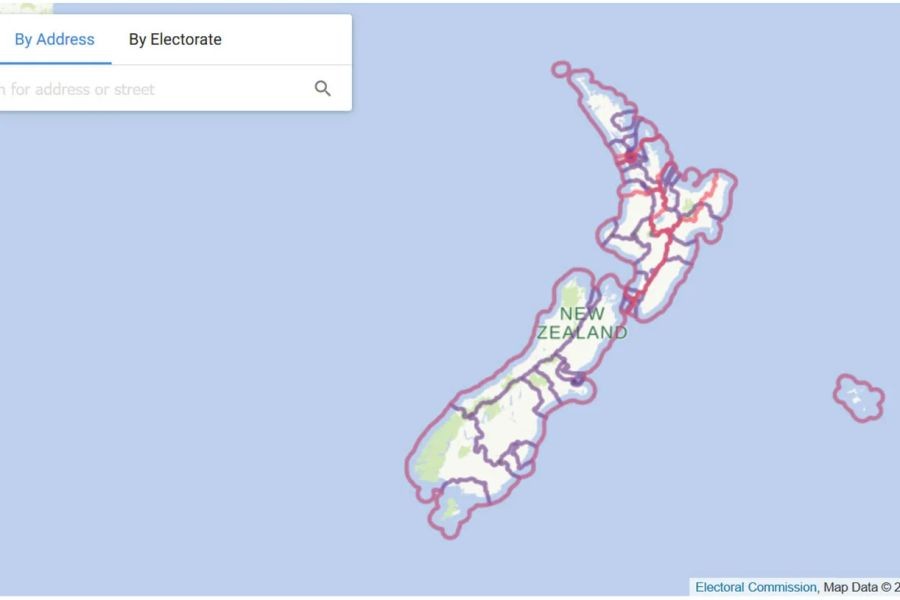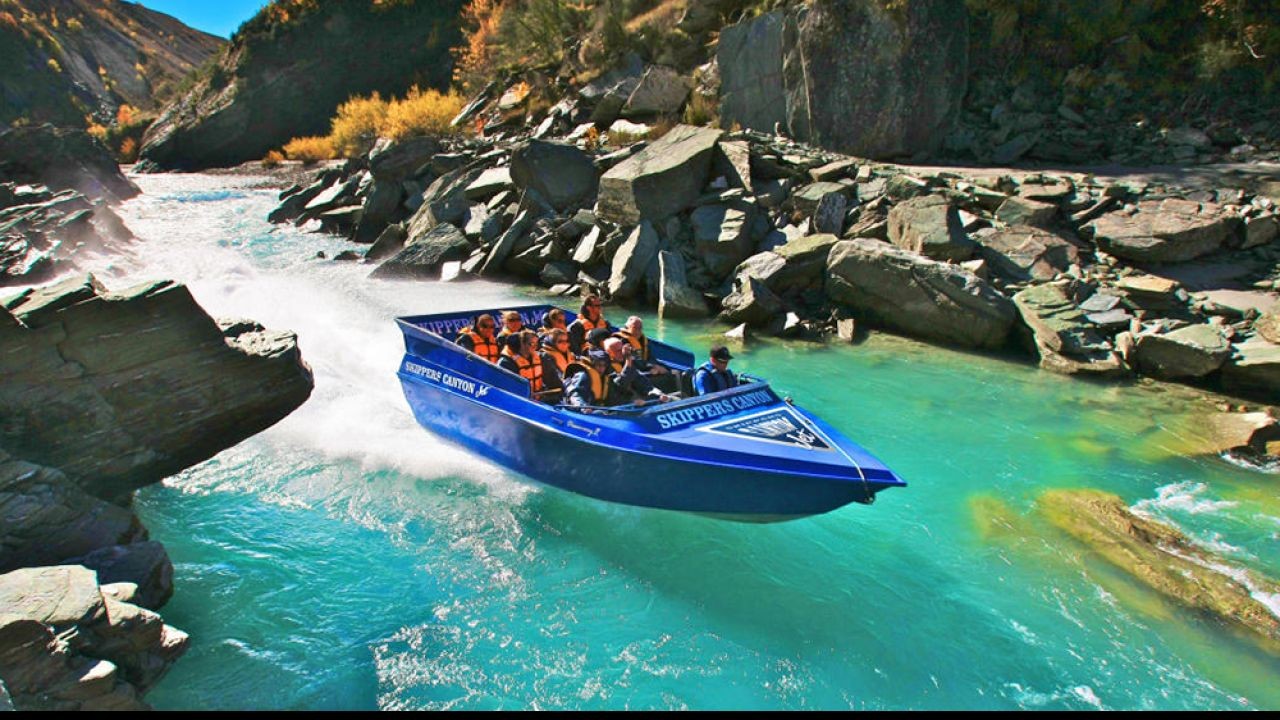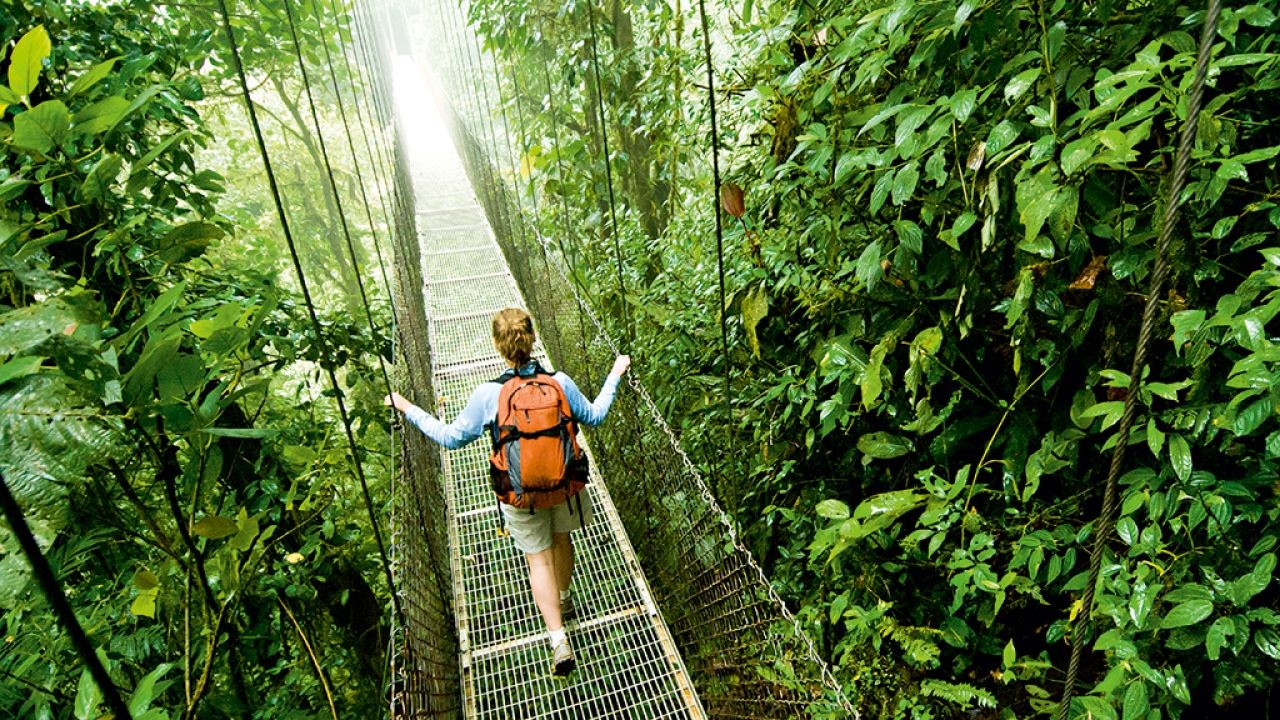In New Zealand, the unique blend of indigenous Maori culture and modern conservation practices offers a rare opportunity to redefine how national parks are managed. As the world increasingly recognizes the value of indigenous knowledge, there's a growing interest in how these ancient practices can influence contemporary environmental stewardship. Recent shifts in policy, such as the government's commitment to integrating Maori perspectives into land management, reflect this evolving approach. This article delves into how indigenous knowledge is shaping the management of New Zealand’s national parks, offering insights into its implications for property investment specialists and the broader economy.
The Historical Context of Indigenous Knowledge in New Zealand
The Maori have been stewards of Aotearoa (New Zealand) for over 800 years, developing a deep connection to the land and ecosystems. Their traditional ecological knowledge (TEK) emphasizes sustainable use and the interdependence of all living things. This philosophy, known as ‘kaitiakitanga’ or guardianship, contrasts with the more extractive approaches seen in Western conservation models. The integration of Maori perspectives into national park management represents a paradigm shift, one that acknowledges the importance of cultural heritage alongside environmental preservation.
Case Study: Te Urewera – A Landmark Decision
Te Urewera, once a national park, became the first in New Zealand to be granted legal personhood in 2014. This groundbreaking decision recognized the area as an entity with its own rights, managed by a board comprising both Maori and government representatives. This shift not only acknowledges the intrinsic value of the land but also empowers local iwi (tribes) to apply their ancestral knowledge in decision-making processes.
Since the change, the park has seen a balance between conservation and cultural activities, with the local Tūhoe people playing a crucial role in its management. This model could serve as a blueprint for other regions, highlighting the potential of blending indigenous wisdom with modern conservation strategies.
Pros and Cons of Integrating Indigenous Knowledge
Pros:
- Cultural Preservation: Recognizing indigenous practices helps preserve Maori culture and knowledge.
- Enhanced Biodiversity: Indigenous practices often focus on holistic ecosystem management, promoting biodiversity.
- Community Empowerment: Local communities gain a stronger voice in managing their ancestral lands.
- Tourism Opportunities: Unique cultural experiences attract tourists, boosting local economies.
Cons:
- Complex Legal Frameworks: Integrating traditional practices with modern laws can be challenging.
- Resource Allocation: Implementing new management strategies requires funding and resources.
- Conflicting Interests: Balancing ecological goals with economic activities such as tourism can be difficult.
Data-Driven Insights: Economic Impacts
According to Stats NZ, New Zealand’s tourism sector contributed approximately NZD 40 billion to the economy in 2019, with national parks being a significant draw for international visitors. The integration of Maori perspectives in park management could enhance the cultural value of these destinations, potentially increasing visitor numbers and economic benefits.
Furthermore, a report by the Ministry of Business, Innovation and Employment (MBIE) highlights that cultural tourism is growing at a faster rate than other tourism sectors. By embracing Maori knowledge, New Zealand can position itself as a leader in sustainable and culturally-rich travel experiences, attracting a global audience.
Common Myths & Mistakes
Myth 1: Indigenous knowledge is outdated and irrelevant. Reality: Many traditional practices are based on centuries of observation and adaptation to local environments, offering valuable insights into sustainable management. Myth 2: Economic development and environmental conservation are mutually exclusive. Reality: Integrating indigenous knowledge can create economic opportunities through sustainable tourism and local engagement. Myth 3: Western conservation methods are superior. Reality: Combining traditional and modern practices can result in more effective and culturally-sensitive management approaches.
Future Trends & Predictions
Looking ahead, New Zealand is poised to further integrate indigenous knowledge into environmental management. By 2026, it is predicted that all national parks will have co-governance structures that include Maori representatives. This shift will likely enhance biodiversity conservation efforts and strengthen New Zealand’s position as a global leader in sustainable tourism.
Moreover, as climate change continues to impact ecosystems, the adaptive strategies inherent in traditional Maori practices could prove invaluable in developing resilient environmental management frameworks. The increasing recognition of indigenous rights and knowledge globally suggests that New Zealand’s approach could serve as a model for other nations seeking sustainable development pathways.
Conclusion
Incorporating indigenous knowledge into the management of New Zealand’s national parks is not just a cultural imperative but also an economic opportunity. By recognizing the value of traditional Maori practices, New Zealand can enhance its conservation efforts, boost tourism, and empower local communities. As property investment specialists, understanding these dynamics offers a strategic advantage in navigating the evolving landscape of sustainable development.
What is your perspective on integrating indigenous knowledge into park management? Share your thoughts and insights below!
People Also Ask (FAQ)
How does indigenous knowledge impact New Zealand's economy? Integrating indigenous knowledge boosts cultural tourism, enhancing New Zealand’s economy by attracting more visitors and providing unique experiences.
What are the challenges of integrating indigenous knowledge in park management? Challenges include navigating complex legal frameworks, ensuring adequate resource allocation, and balancing ecological goals with economic activities.
What are the benefits of Maori involvement in park management? Maori involvement preserves cultural heritage, enhances biodiversity, and empowers communities while creating sustainable tourism opportunities.
Related Search Queries
- Indigenous knowledge in New Zealand
- Maori conservation practices
- Sustainable tourism in NZ
- New Zealand national parks management
- Economic impact of cultural tourism
- Te Urewera legal personhood
- Co-governance in NZ national parks
- Integration of Maori perspectives in policy
- Future of eco-tourism in New Zealand
- Environmental sustainability in NZ































